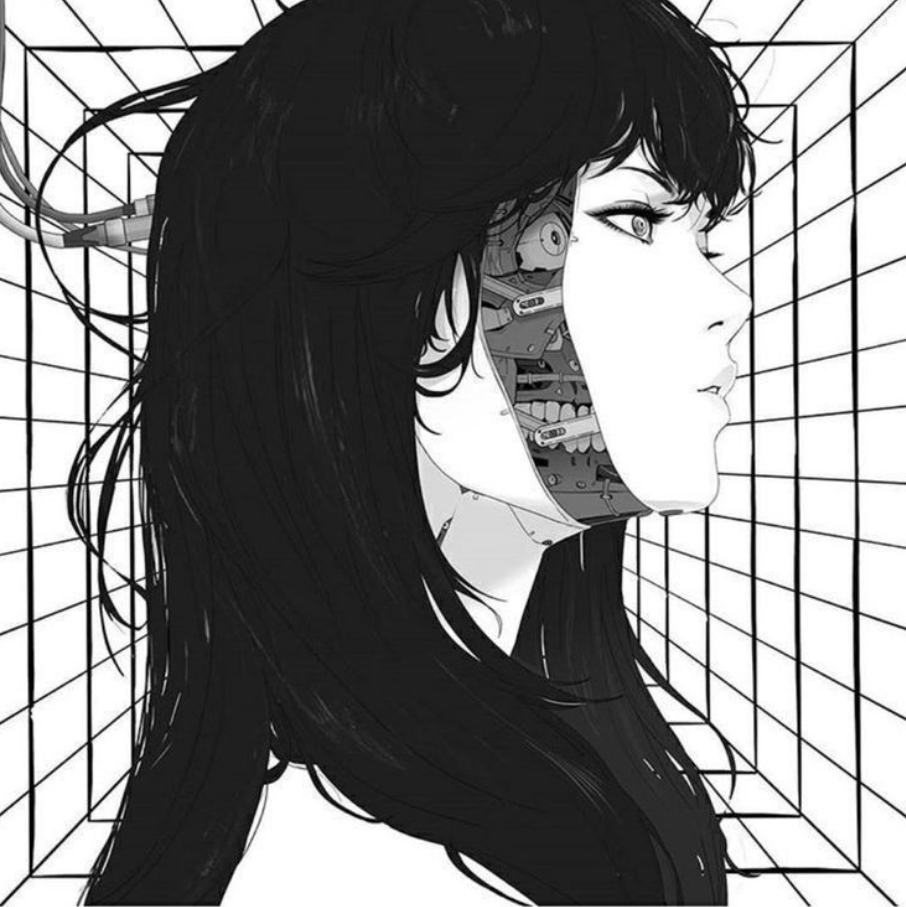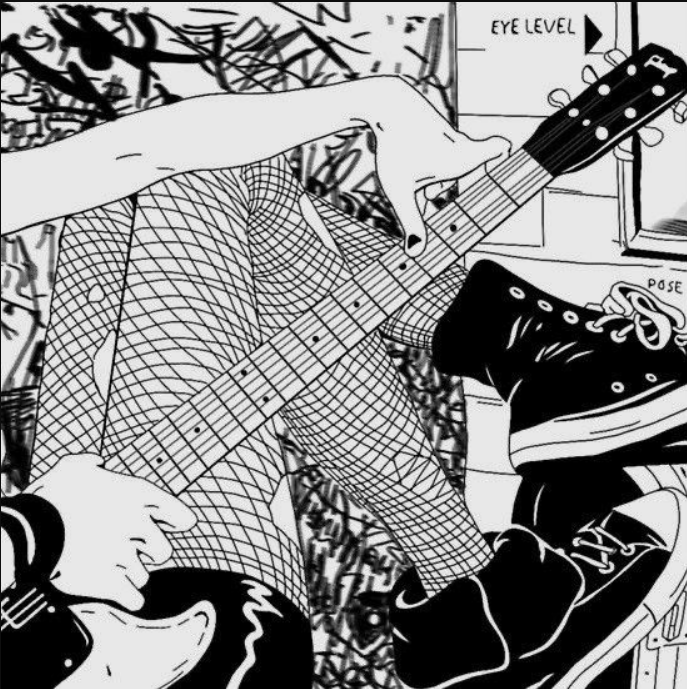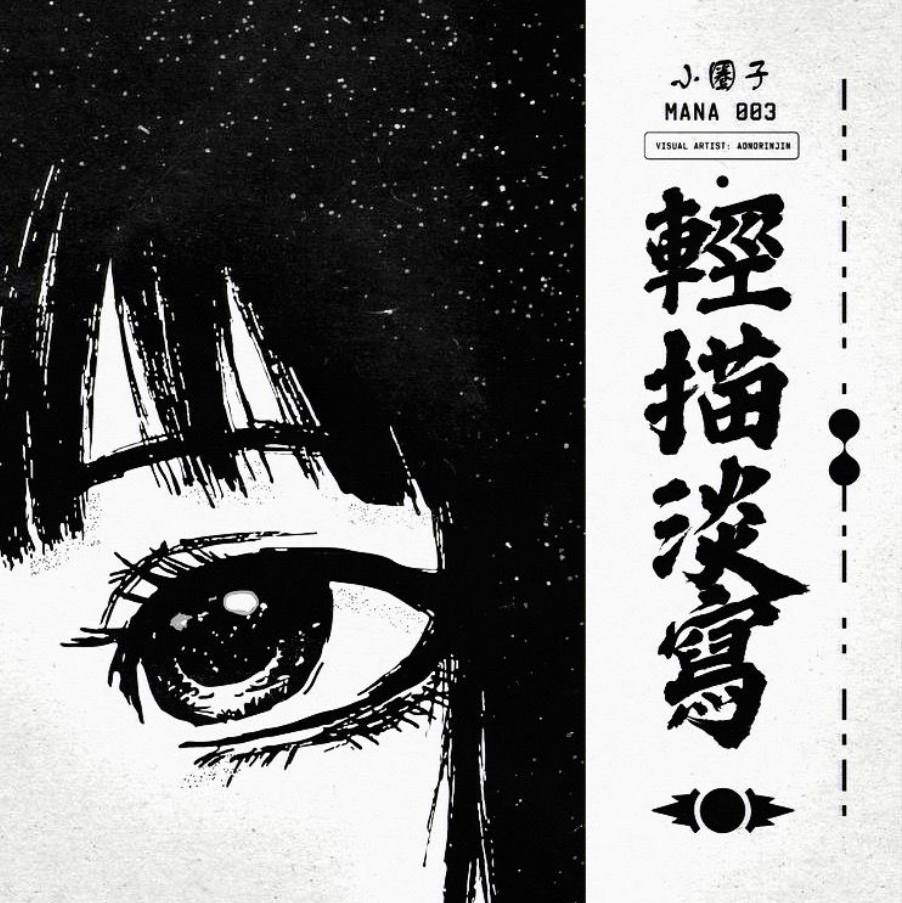As we reach the end of making our AI syllabus statement, I would like to reflect on all of the work done in this class. Bruffee was such a great introduction to collaborative writing, as it opened my eyes to new ideas. A major concept that Bruffee discusses concerning collaborative learning is that “it provides a particular kind of community” (642), meaning that the collaboration of peers results in a connection. I previously did not realize the effect that collaboration had until doing the collaborative discourse community assignment.
That assignment brought me closer together with classmates I probably would not have talked to, if we were not put together as a group. Although my group members’ interests were different than mine, we were still able to find common ground and relate with each other. This was nice because I got to meet other students that have niche interests like me.
I used to only enjoy doing independent work, because I like my work done in a specific way, but collaborating with my peers this year has made me more acceptable to the idea of doing group work. I liked how collaborative projects feel less stressful than regular assignments, because each person contributes small parts to create a whole assignment. Now looking back on it, if I were to write the AI syllabus statement independently, that probably would’ve been more stressful and time consuming. I also enjoyed that we were able to give feedback to our peers on the AI syllabus statement, as it allows us to give constructive advice to others, and shape our work to fit our own preferences.
Bruffee also explains how collaborative learning helps students “learn skills and partnerships of re-externalized conversation” (642) which I learned to be very true. I’ve learned a lot from my peers as they bring up certain perspectives that I would have otherwise not even thought about. I remember working on the AI post-it activity, when Victoria mentioned AI and art. That was something that completely slipped my mind, as I realize how AI can be used to profit off of other peoples art.
Before this class I was more prone to doing independent work, but now, I realize how helpful it is do complete group work with people that you trust.
Works Cited
Bruffee, Kenneth. “Collaborative Learning and the ‘Conversation of Mankind.’” College English, vol. 46, no. 7, 1984, pp. 635-652








Leave a comment